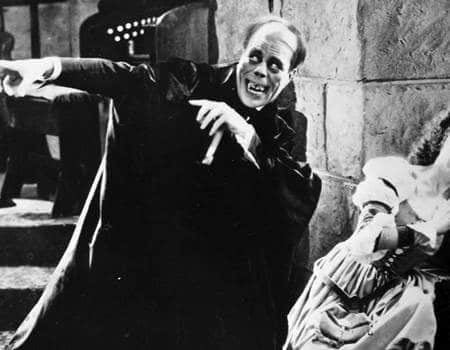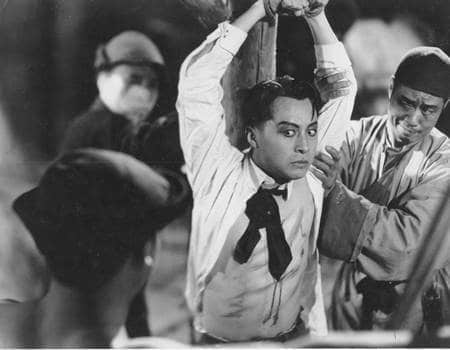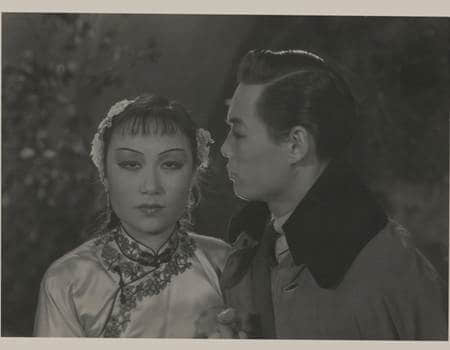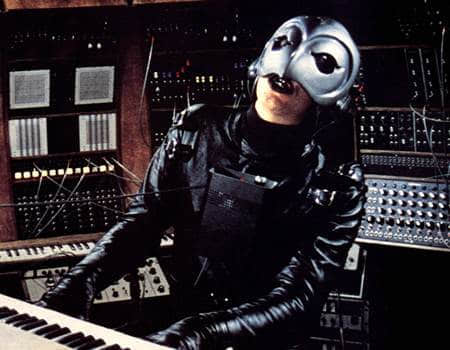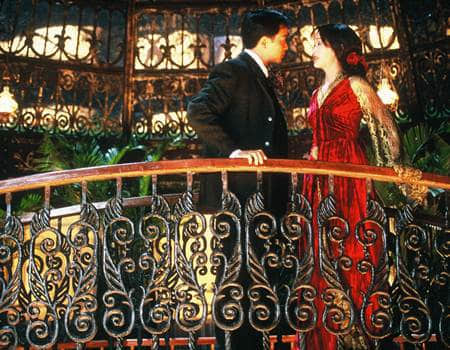Programme
Phantoms of the Cinema
Gaston Leroux’s The Phantom of the Opera (Le Fantome de l’Opera, 1909-1910) may not be great literature, but it is a unique record of the most important social and artistic institution in the “capital of the nineteenth century”, Paris. More significant still, since the novel’s publication it has radically transcended that historical-geographical specificity and become the object of constant creative re-interpretation all over the world. Nowhere is this more compellingly illustrated than in the fifty-plus screen adaptations – silent films and talkies, horror films and musicals, cartoons and tele-novelas and more – that have been made in places as far apart as Hollywood, Brazil and China between 1916 and today. Cine Fan is proud to share a significant selection of these films, starting with the enormously influential 1925 Hollywood adaptation, complete with a full score and color tinted footage, and ending with a double bill of ‘quasi-musicals’: Brian De Palma’s Phantom of the Paradise (1974), and The Phantom Lover (1995), starring Leslie Cheung. The latter may well be said to be a remake of an older, Chinese-language adaptation: Maxu Weibang’s Song at Midnight (1937), arguably the first Chinese horror and billed as “the most fascinating and creative of all interpretations of Gaston Leroux’s horrid tale” (David Robinson). Song at Midnight resurfaced in the West in the late 1990s along with its sequel Song at Midnight, Part II, made in 1941 at the height of the Sino-Japanese war. Cine Fan presents both Maxu’s adaptations in newly-restored versions, followed by a seminar with film and music scholars. – Giorgio Biancorosso Co-presented with “Screen Adaptations of Le Fantôme de l’Opéra: Routes of Cultural Transfer”, an International Research Network funded by The Leverhulme Trust (UK).
